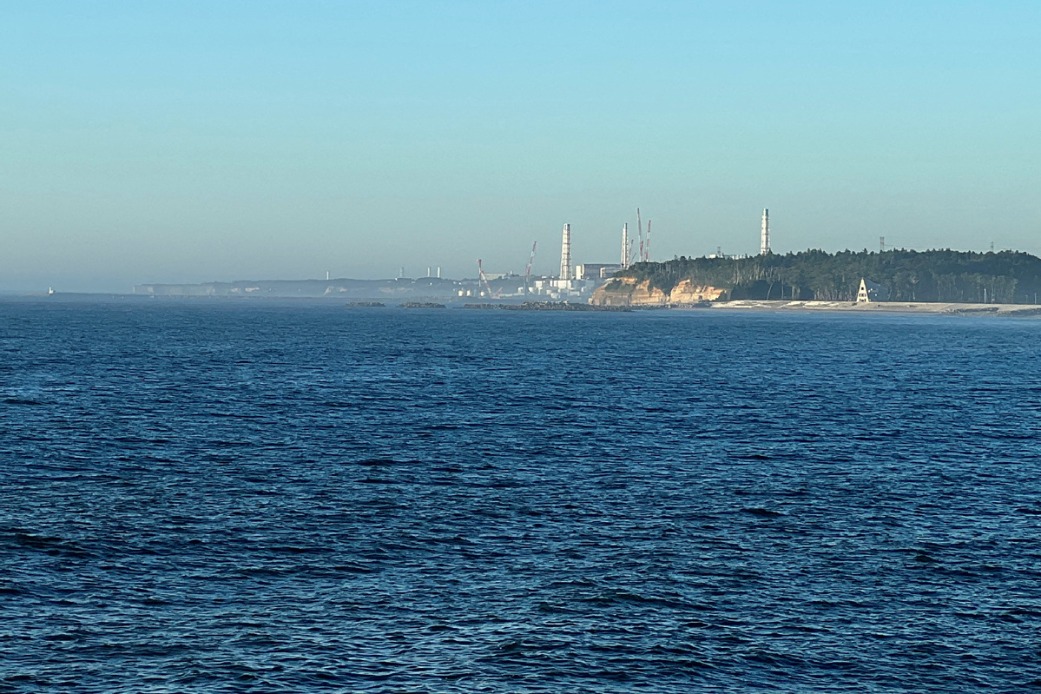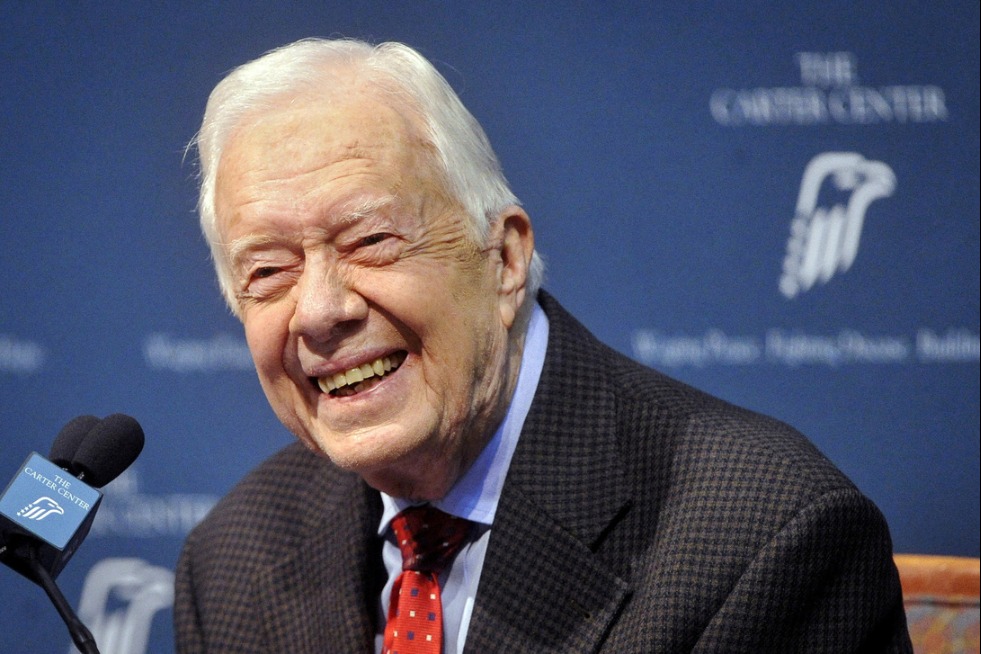Putin's visit to China cements ties


Russian President Vladimir Putin is visiting China at the invitation of President Xi Jinping on Thursday and Friday.
It has become customary for the two heads of state to make exchange visits, with the Chinese leader visiting Russia one year, and the Russian leader visiting China the following year. There is no official agreement on this, but this tradition has been maintained since the 1990s. Another significant aspect is that Putin chose China as the destination for his first visit after re-elected Russian president. This signifies the importance of cooperation between Russia and China.
Putin's visit is very important because it shows that despite regional conflicts and outside pressure, Sino-Russian comprehensive strategic partnership remains firm and is developing steadily.
During the visit to each other's country, the leaders usually discuss a wide range of international and bilateral issues. Apart from that, top ministers and company heads also sign dozens of trade and investment agreements in the presence of the countries' leaders, which gives these deals special importance. During Putin's visit, the two leaders have issued a joint statement and the two sides inked several cooperation documents in a range of areas.
The visit is particularly significant as this year marks the 75th anniversary of the establishment of diplomatic relations between the People's Republic of China and the Union of Soviet Socialist Republics, when the Soviet Union became the first country to recognize the PRC on Oct 2, 1949, the day after Chairman Mao Zedong announced the founding of the PRC in Tian'anmen Square.
And when the Russian Federation came into being in late 1991, China swiftly recognized it as the legal successor to the USSR and supported Russia's bid to retain the Soviet Union's seat on the UN Security Council.
As of now, both Russia and China are being targeted by the United States and its allies, in order to contain the development of the two countries and maintain a unipolar world order which no longer exists.
The Western sanctions, imposed on Russia and China, may temporarily affect some specific areas of the two countries, but the general trend toward closer cooperation between Moscow and Beijing will continue. The very idea of unilateral sanctions not supported by the UN Security Council is rejected by both Russia and China, as well as other countries advocating for a fairer world order.
However, for ideological reasons, Washington is not going to change its counterproductive policy anytime soon.
One of the justifications given for imposing those sanctions is Russia's position on the Ukraine crisis.
China is actively engaged in efforts to resolve the conflict between Russia and Ukraine. Last year, it put forward its position on the issue in a 12-point document, and appointed an experienced diplomat and former ambassador to Russia, Li Hui, as its special envoy. Despite some differences, Russia and China agree that negotiations on the issue should start without any preconditions and outside pressure and that Russia's security concerns should be addressed. But this approach is rejected by the West.
The strengthening of strategic cooperation between China and Russia manifests the general tendency to multipolarity. Both China and Russia are countries with independent foreign policy, and they will not yield to any external pressure no matter how powerful it is.
China's Global Security Initiative, put forward by President Xi, is very close to Russia's vision for a future world order. It is also based on the idea that security is indivisible, which means the security of one country cannot be achieved at the expense of the security of another country. That's why security arrangements should be global and based on compromises by all sides.
This common vision creates a solid basis for Sino-Russian cooperation. The leaders of the two countries have established close personal ties. Apart from formal visits, they also meet several times every year at various international events and other gatherings. Trade and mutual understanding between Moscow and Beijing have been growing for several decades and there is no reason for this momentum to change.
The author is academic head of the Institute of China and Contemporary Asia at the Russian Academy of Sciences.
The views don't necessarily represent those of China Daily.
If you have a specific expertise, or would like to share your thought about our stories, then send us your writings at opinion@chinadaily.com.cn, and comment@chinadaily.com.cn.


































